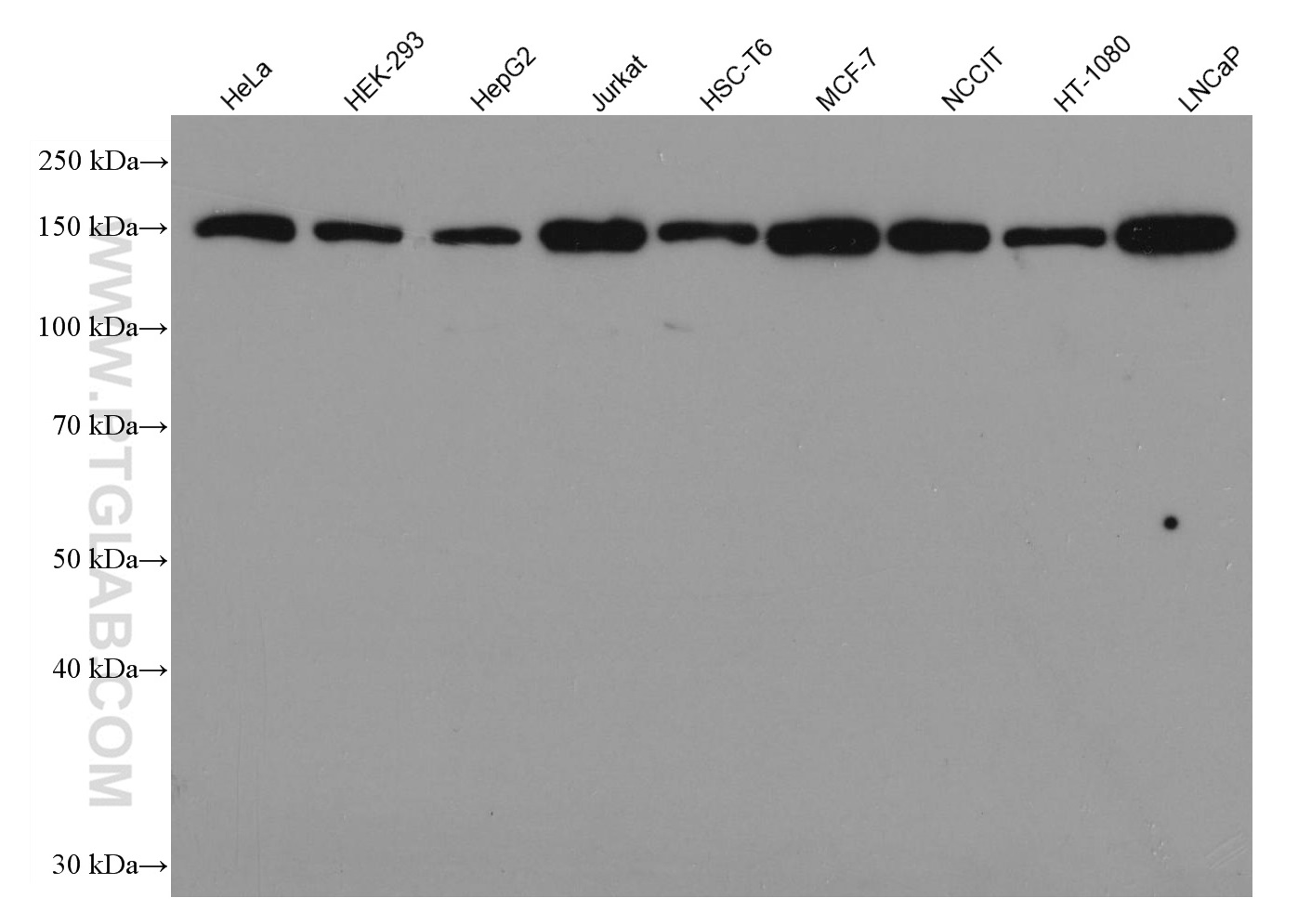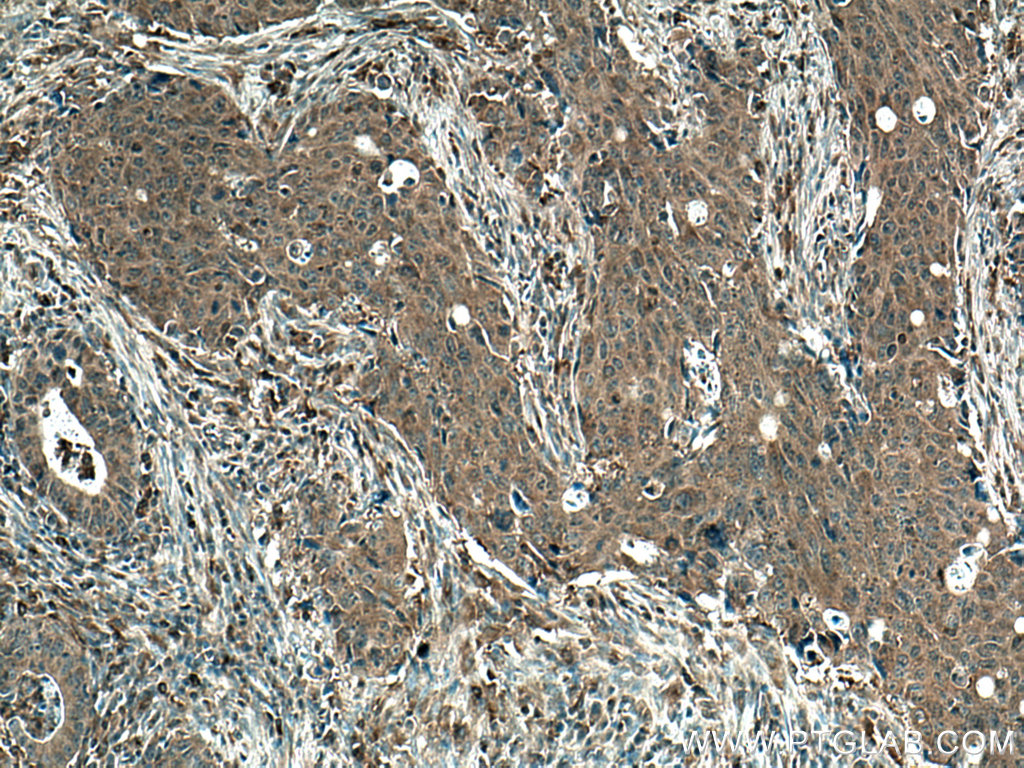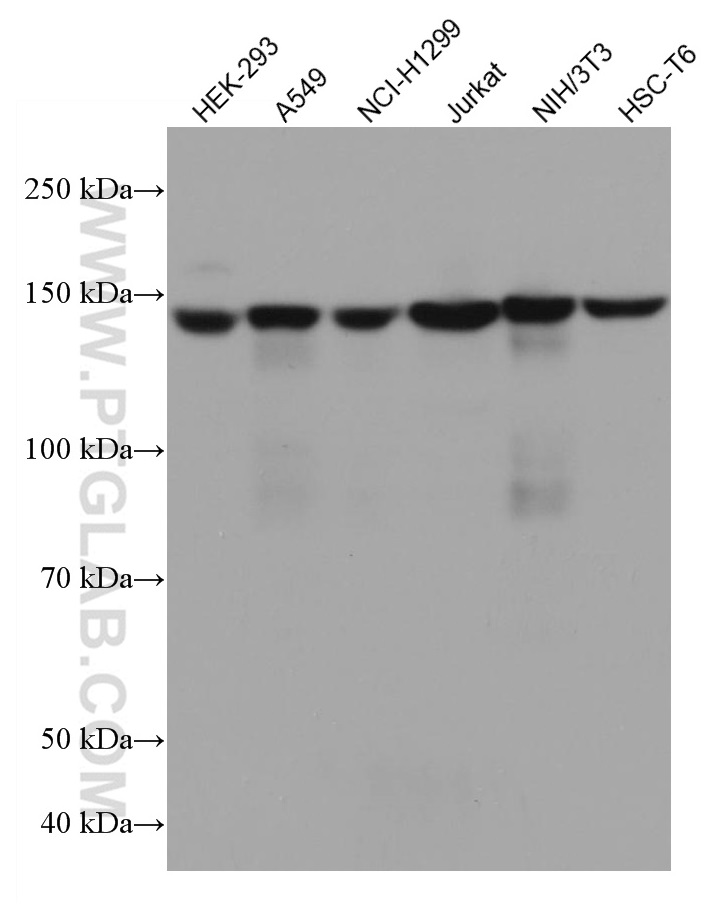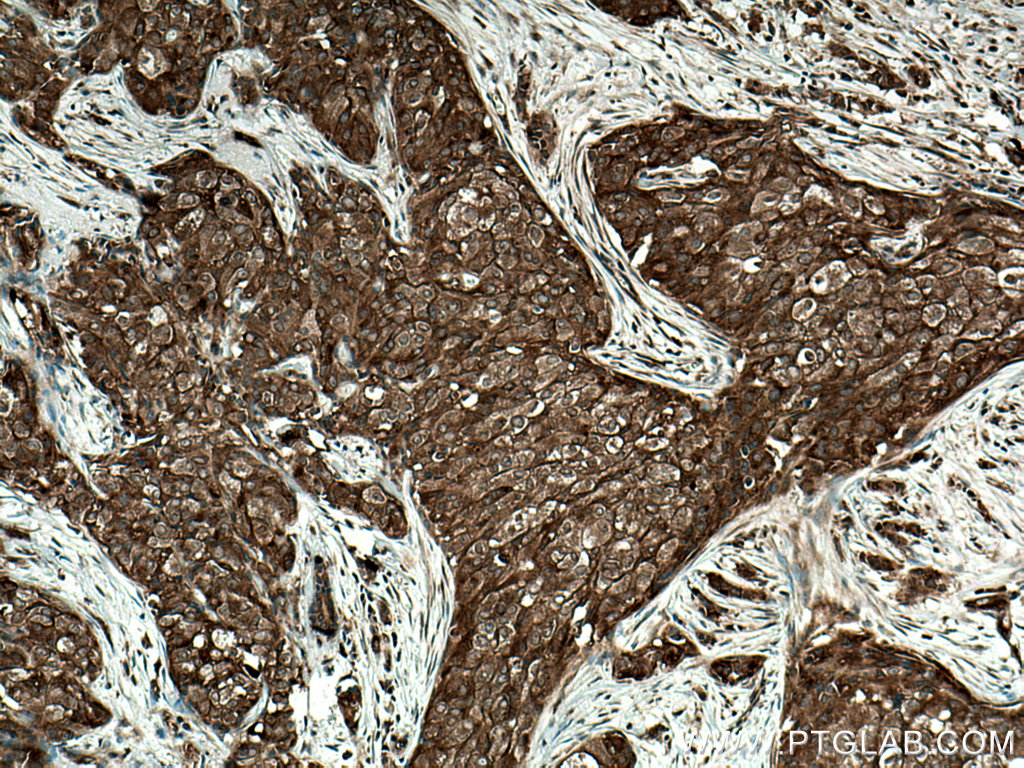Flightless I Monoclonal antibody, PBS Only
Flightless I Monoclonal Antibody for WB, IHC, Indirect ELISA
Host / Isotype
Mouse / IgG2a
Reactivity
Human, Mouse, Rat
Applications
WB, IHC, Indirect ELISA
Conjugate
Unconjugated
CloneNo.
2F9C8
验证数据展示
产品信息
67039-1-PBS targets Flightless I in WB, IHC, Indirect ELISA applications and shows reactivity with Human, Mouse, Rat samples.
| Tested Applications | WB, IHC, Indirect ELISA Application Description |
| Tested Reactivity | Human, Mouse, Rat |
| Immunogen | Flightless I fusion protein Ag26865 种属同源性预测 |
| Host / Isotype | Mouse / IgG2a |
| Class | Monoclonal |
| Type | Antibody |
| Full Name | flightless I homolog (Drosophila) |
| Synonyms | FLI, Fli1, Flightless I, FLII, FLIL, Protein flightless 1 homolog |
| Calculated Molecular Weight | 1269 aa, 145 kDa |
| Observed Molecular Weight | 145-150 kDa |
| GenBank Accession Number | BC025300 |
| Gene Symbol | Flightless I |
| Gene ID (NCBI) | 2314 |
| RRID | AB_2882353 |
| Conjugate | Unconjugated |
| Form | Liquid |
| Purification Method | Protein A purification |
| UNIPROT ID | Q13045 |
| Storage Buffer | PBS Only |
| Storage Conditions | Store at -80°C. The product is shipped with ice packs. Upon receipt, store it immediately at -80°C |



